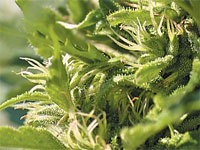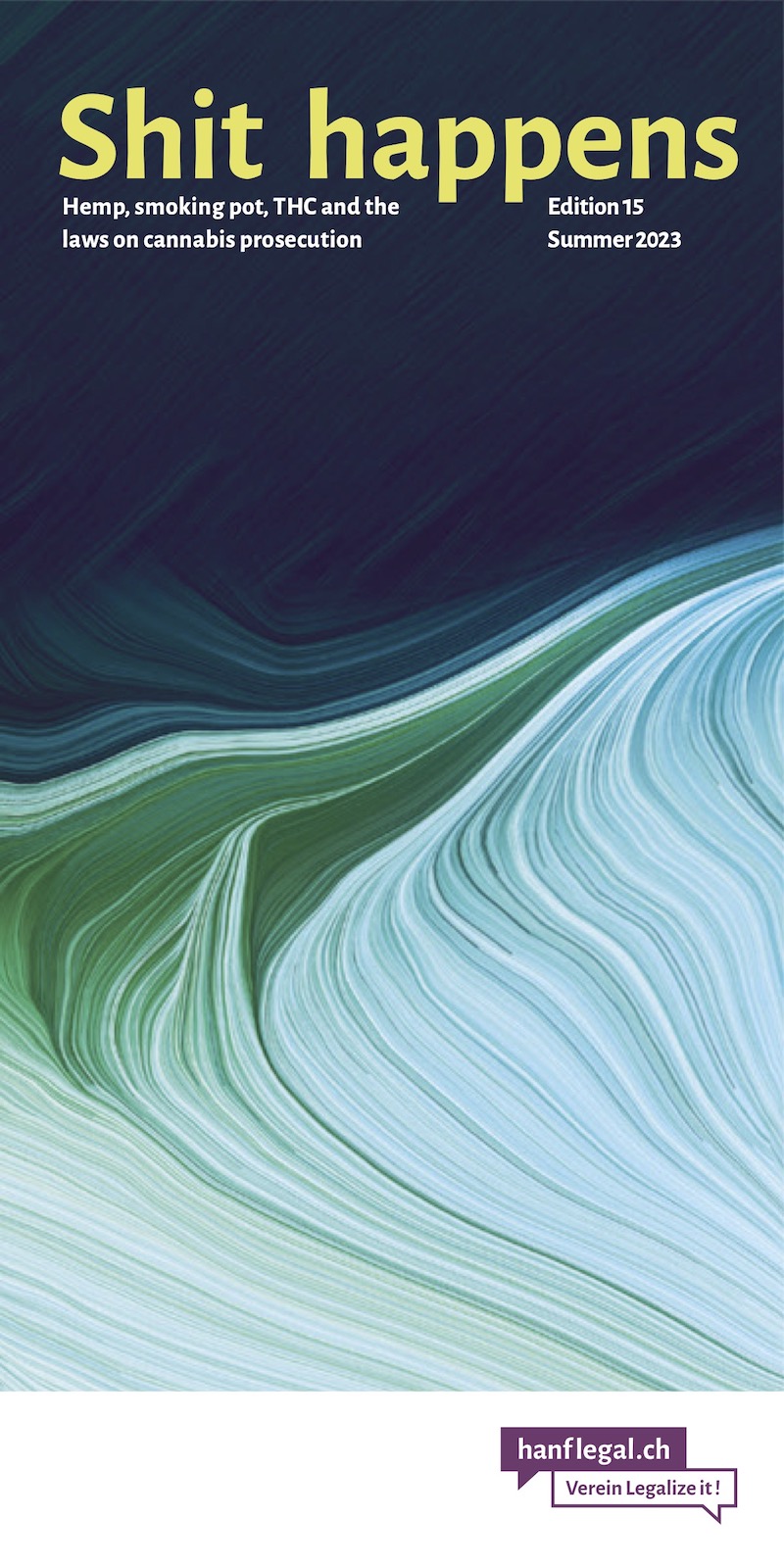- THC & Law:
Overview of the international situation
In Switzerland, only the fixed penalty model is currently under discussion - Switzerland has lost its international pioneering role. We take a look at hemp laws worldwide. Are California, the Czech Republic and Mexico the pioneers of global hemp legalization? Hemp was freely available worldwide until the beginning of the 20th century; there were no international laws prohibiting its consumption, cultivation or trade. Of course, there were laws in individual areas throughout history that criminalized all sorts of things, including tea, alcohol, coffee, and even hemp. But in 1925, with the signing of the Third Opium Conference in Geneva, hemp was banned worldwide for the first time. By now it is common knowledge that many economic interests of some powerful men in the USA (cotton and pharmaceutical industry, secret service, etc.) brought about the ban.
This has driven the whole huge hemp market underground, making large illegal organizations equally powerful. Somehow the whole thing seemed to work to some extent, also there were always “tolerance zones” and partial legalizations in different countries; in Holland, for example, today you can buy and consume smokable hemp products in the so-called coffee shops. Rather than the word partial legalization, I prefer to use the term pseudo-legalization, because this Holland model promotes many more abuses than it prevents. Illegal criminal structures are fed by the fact that only consumption and purchase for consumption are allowed, while cultivation and wholesale for these very places of sale remain prohibited. This means that a huge market exists because pot tourists come from all over, paying incredible prices for sometimes poor quality, high-tech weed that is produced illegally. These international mafias export large quantities from the huge production facilities in Holland to Germany, England, Switzerland, France, etc. There, more and more sophisticated techniques are also being developed to maximize profits, for example by using special lead powder that is added to the plants during the flowering phase and is hardly detectable. There have already been several deaths in Germany due to lead poisoning. These criminal groups also finance themselves through drug trafficking, extortion, robbery tours through the rich countries of Europe and all sorts of other things. So you see, prices and abuses remain very high - even higher than in Switzerland, because there is a huge demand.
The association Legalize it! advocates full legalization, which will pull the rug out from under the feet of all criminal organizations. Full legalization means that - except for possible advertising bans and age restrictions - it will be freely available everywhere, so the price will decrease very much and education and information will be made possible through an open hemp culture.
Exactly this full legalization is currently under advanced discussion in Mexico. Such powerful drug cartels have formed there that there is no longer a state monopoly on the use of force, more people are dying than in Iraq, and the entire country is being destabilized. The situation is degenerating. The legalization of drugs, especially hemp, seems to many politicians, including the Democratic Revolutionary Party (PRD), to be the only way to stabilize the country again. In a first step, the consumption and possession of small quantities has already been legalized, but they are aware that this shot will backfire (as in a somewhat less tragic scale in Holland due to the smaller market) if cultivation, trafficking, etc. are not also regulated. A Mexican senator comments on the ongoing debates as follows:
“The initiative arose from the realization that the prohibitionist and criminalizing strategies to combat the illicit use and trafficking of psychoactive substances, which were widely applied, especially in the second half of the twentieth century, have failed comprehensively. On the other hand, it also results from the observation that drug trafficking must be considered, above all, as a large international business that generates huge fortunes (in the order of $30 billion in Mexico alone and $500 billion worldwide, according to guarded United Nations data) and has given criminal organizations great financial and political power and equipped them with firepower and logistical and operational capacities. Therefore, this initiative aims to start the path towards the construction and application of a new guiding pattern of the fight against drug trafficking, overhauling the prohibition concept and orienting it towards the goal of public health - as well as focusing on prevention, harm reduction, treatment and rehabilitation of addicts and the individual freedom of choice of the citizen.”
The main motivation of a state is, of course, to increase security as well as finances, but there is definitely a reference to justice in terms of individual freedom of choice.
Motivated by money, California (Arnold Schwarzenegger) has also practically legalized hemp (theoretically only as “medical hemp”); anyone can get a doctor's certificate for a few dollars or open a retail outlet for “medical hemp” for a few dollars more. There is a hemp university in Oakland (Oaksterdam University) where cultivation, law, etc. related to hemp is taught. The “Cali-Weed” has always been famous for its quality, as the laws were also more liberal than in other states of the USA. However, the finances of one of the largest market economies in the world (California) were not rosy at all and now they have almost rehabilitated it by selling hemp legally. There is now less crime and more money. Will this model catch on?
The counterpart in Europe is the Czech Republic, which in 2009 legalized possession and purchase for personal use, as well as consumption.
There are now two options: Either it remains as it is - with some penalty-free consumption havens, which give the mafias even more thrust, or it is completely legalized in the sense of California, which allows education and information through an open hemp culture. But of course then these pseudo-doctor's certificates should be omitted.
Personally, I am convinced that at least hemp will be legalized worldwide, and that - just as with worldwide prohibition - America will lead the way. The unstable state of Mexico, controlled by drug cartels, is becoming an ever greater threat to the USA, by far the largest consumer of drugs. Legalization, i.e. the fundamental dismantling of all cartels, seems inevitable. The only question is where the immense criminal energy will shift to… But the USA will certainly enforce its interests once again with a lot of force and power. Maybe then some cartels will find their way into the legal drug trade? Or maybe the trade will be taken over by already existing large corporations? Or will hemp be crippled like tobacco to an everyday addictive substance? And will the traditional hemp growing countries (Morocco, Afghanistan, Pakistan, etc.) become rich? All kinds of interesting questions and possibilities open up.
At our member event on May 28, 2010, we looked at and discussed these developments.
Support our work with a donation:
Bank transfer
Account number (IBAN):
CH02 0900 0000 8709 1354 3
Full account details
Or scan this QR code with your eBanking App (ZKB, Revolut, Postfinance, …):

Or open/share the QR code as PDF file with your eBanking App.
Credit card
Donate via credit card
Verein Legalize it!
Quellenstrasse 25
8005 Zürich
Threema ID 7NH65RBY
Don’t miss anything! Follow us on social media:

